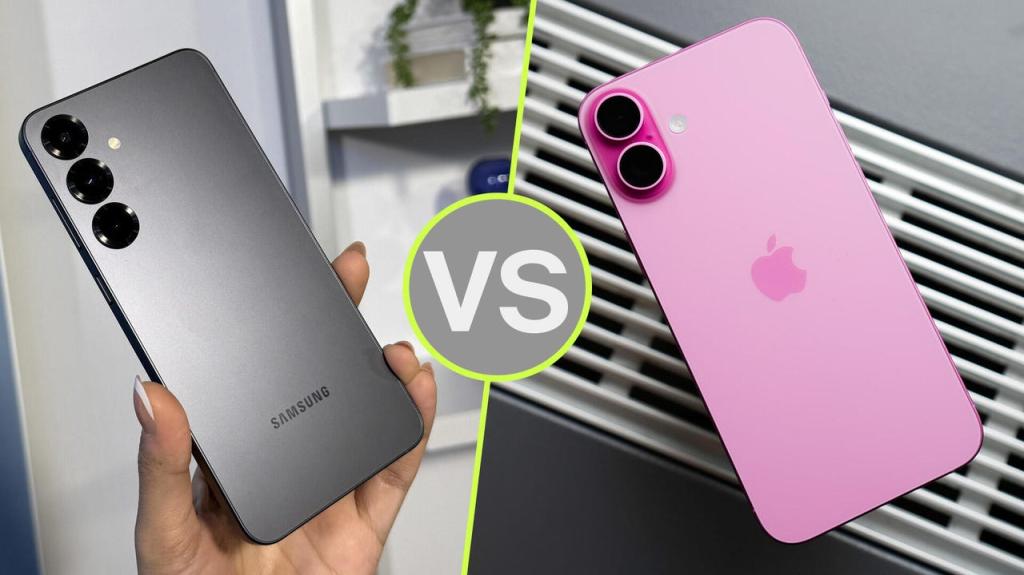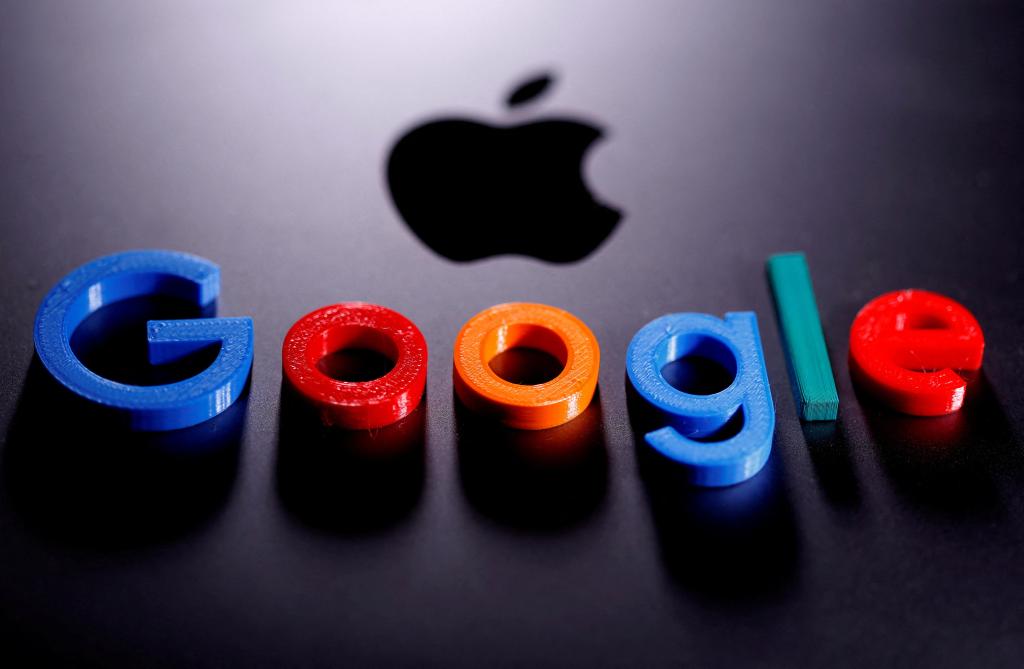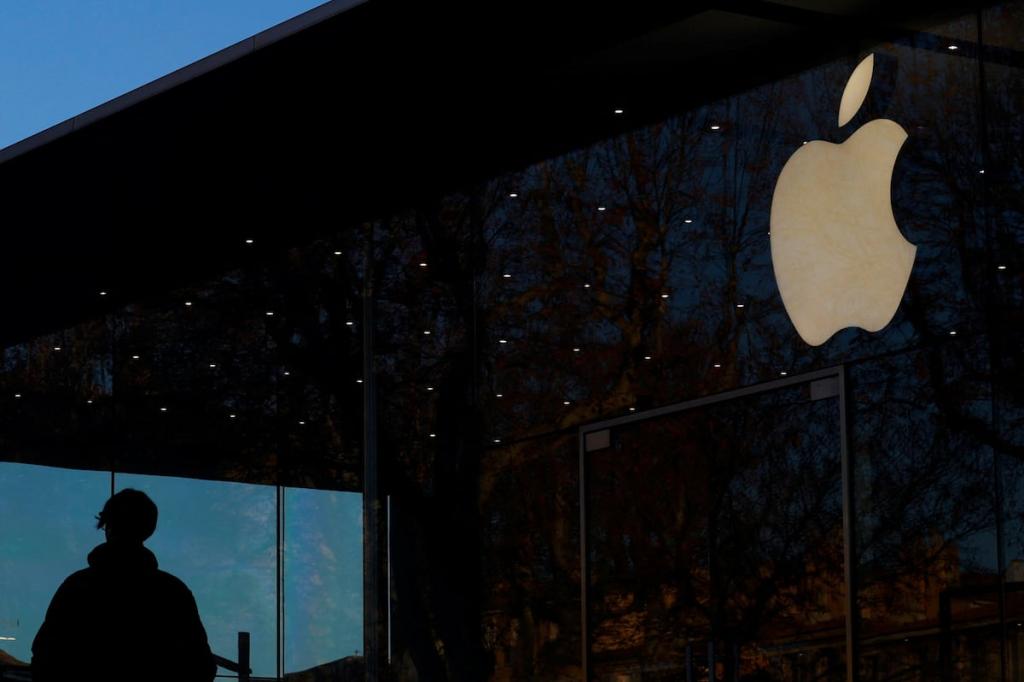Apple Lawsuit Highlights Employee Privacy and Surveillance Issues
Explore how Amar Bhakta's lawsuit against Apple reveals troubling issues of employee surveillance and the urgent need for workplace transparency.

Key Points
- Amar Bhakta's lawsuit against Apple accuses the company of invasive employee surveillance and violations of privacy rights.
- The case raises critical concerns about the suppression of employee speech and the need for transparency within corporate environments.
- Apple's response highlights a contradiction between its consumer privacy values and the treatment of its own workforce, necessitating a reevaluation of company policies.
In a world where the line between work and personal life continues to blur, privacy concerns have taken center stage. Recently, former Apple employee Amar Bhakta filed a lawsuit alleging that Apple engages in extensive surveillance of its employees. The case raises unsettling questions regarding privacy rights and the treatment of workers in a high-tech environment that prides itself on protecting user data. Can a company that champions user privacy extend that ethos to their employees?

Overview of the Allegations
Bhakta's lawsuit, filed in
, claims that Apple requires its employees to install monitoring software on personal devices used for work. This policy, according to the lawsuit, allows Apple unrestricted access to personal and professional data stored on devices and iCloud accounts linked to Apple-managed devices. The allegations extend beyond simple monitoring; they include claims that employees cannot freely discuss their wages and working conditions due to restrictive confidentiality policies.
These practices are troubling. Bhakta's suit points out that Apple employees often link personal devices to their jobs—something the company reportedly encourages. However, this action reportedly subjects personal data—ranging from emails to health information—to Apple's surveillance policies. Bhakta described the environment as akin to a "panopticon", where constant observation stifles free expression and whistleblowing.
The Struggle for Workplace Transparency
One of the most alarming aspects of the lawsuit is the restriction on employee speech. According to Bhakta, he was barred from discussing his work publicly and forced to sanitize his LinkedIn profile of any work-related achievements. This not only limits an employee's personal growth but also suppresses the vital conversations needed for workplace improvement. Transparency is essential for the empowerment of workers; without it, issues like wage discrimination and harassment can fester unaddressed. Bhakta’s narrative echoes a broader trend within large corporations where silence is enforced rather than encouraged.
Corporate Responses and Employee Rights
In response to the lawsuit, Apple has firmly denied the allegations, claiming that the policies are designed to protect the company’s interests. A spokesperson emphasized that there are annual trainings for employees about their rights to discuss working conditions. However, the very existence of such a lawsuit suggests that many employees feel these rights are not being effectively upheld.
Apple is not alone in facing scrutiny over worker rights under the guise of privacy. Other tech giants like
and
have similarly been accused of extensive employee monitoring. Each instance raises pivotal questions: Do these surveillance practices protect the company, or do they undermine worker morale and rights? When workers feel monitored, it creates an environment of fear rather than one of innovation.
Implications for the Future of Employment
As more employees begin to question the nature of their workplace rights, it is possible we may see a shift in how tech companies handle employee relations. The legal landscape surrounding worker privacy, particularly in California, has evolved to allow employees to sue employers on behalf of the state. This could be just the beginning of many lawsuits aiming to reinforce employee rights amidst growing concerns about privacy.
The lawsuit filed by Bhakta serves as a reminder of the need for balance between corporate surveillance and employee rights. It’s essential for tech companies to reconsider their monitoring policies in light of their own stated values. After all, privacy should not be a privilege reserved for consumers alone; employees deserve that same respect within the workplace.
In wrapping up the discussion surrounding Bhakta’s allegations against Apple, it is clear this case raises significant issues about employee rights and the extent of corporate surveillance. As technology continues to integrate more deeply into our personal lives, it is vital that employee privacy is upheld and that open dialogues about working conditions are fostered. The future of work should be built on a foundation of trust, transparency, and mutual respect, ensuring that all parties feel valued and respected.


